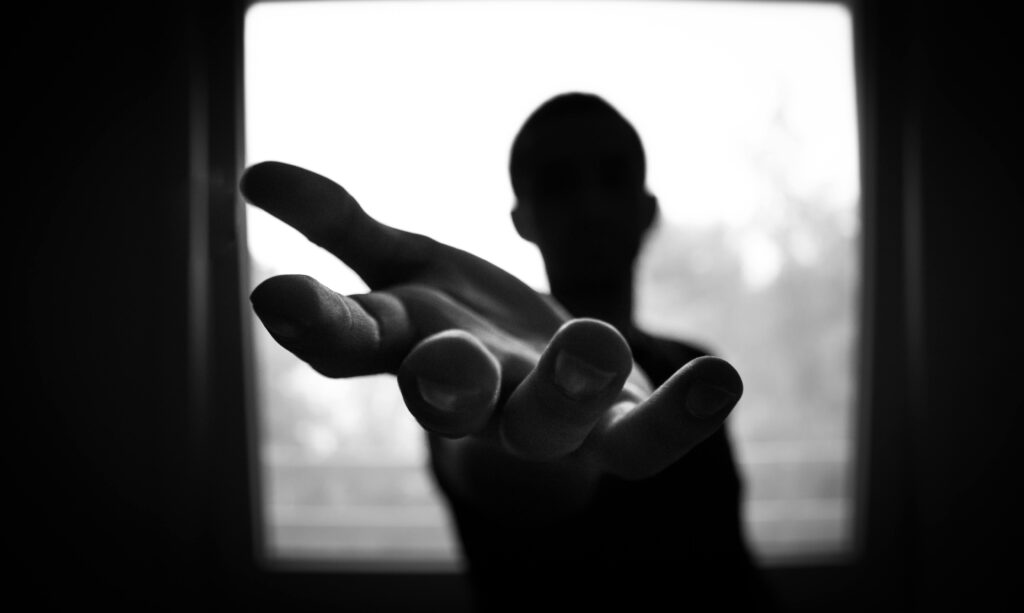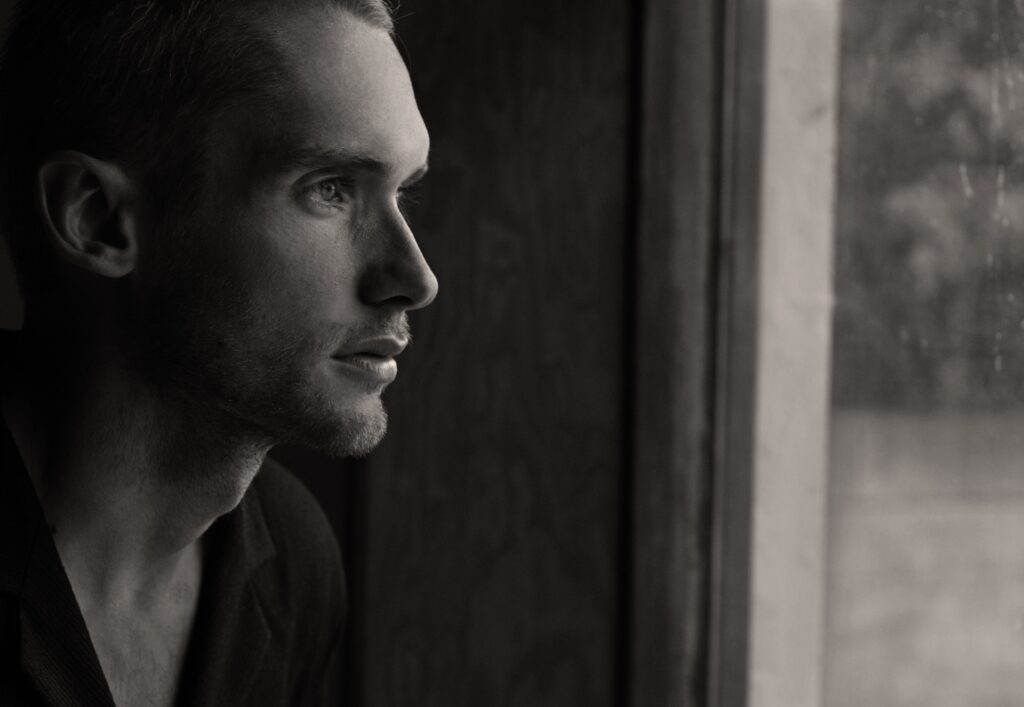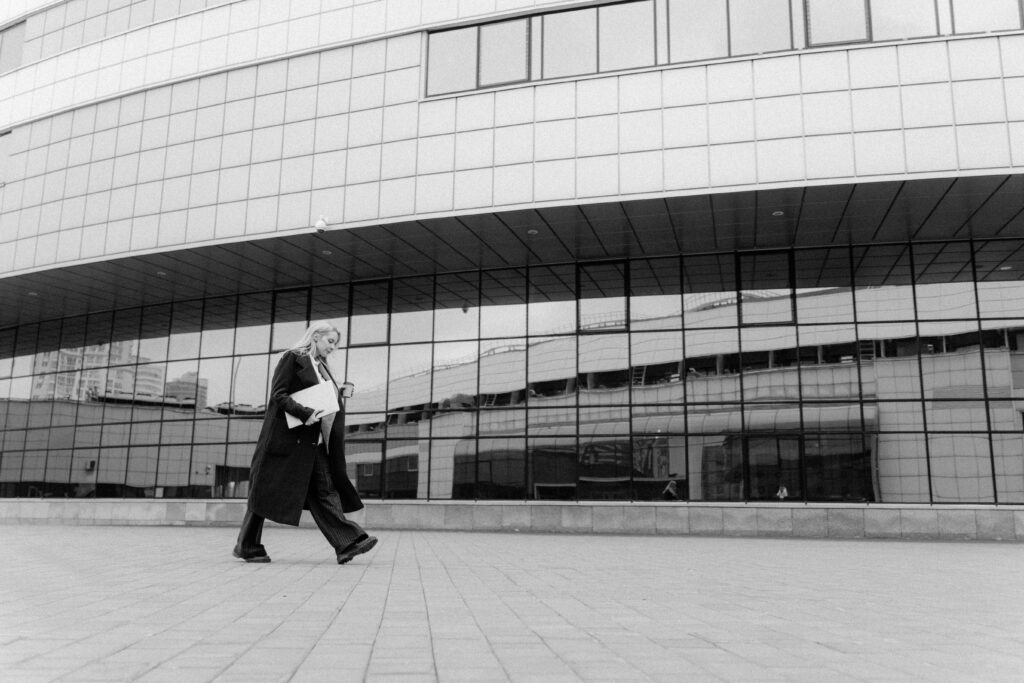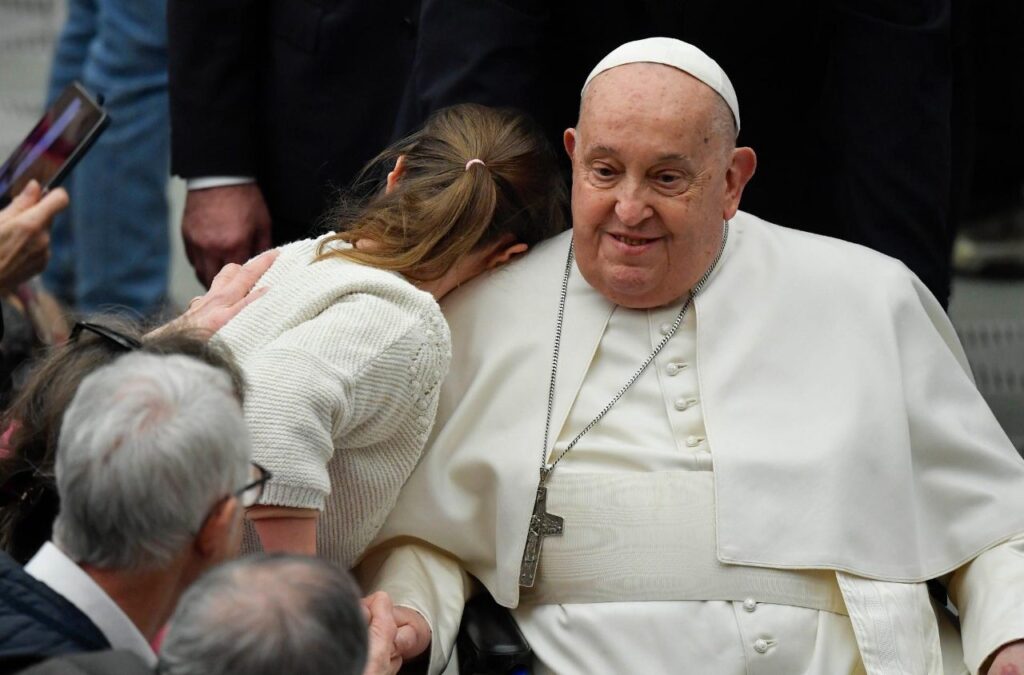When good people do bad things
Examination of conscience and recognition of guilt can rectify them

A police commissioner recently retired. In his brilliant professional career, he had received various decorations in recognition of his brilliant and humanitarian work. But he was in the news for the murder he perpetrated on his ex-wife and also on his current partner. He himself ended his life. I was immediately reminded of some cases in which I had to intervene with the mourners, where also law enforcement officers kill couples and then commit suicide. In the two cases in which I acted helping the victims’ relatives, they agreed that the murderers had been very good people.
That goodness was also, according to the directors of the most famous Catalan football club, that of the youth football coach and physical education teacher who for more than twenty years trained future players.
The same can be said of many cases of abuse in the family where the aggressors, parents, uncles, grandparents, even brothers, have been excellent people to the outside world.
The Church does not have the exclusive. As some claim, but it never ceases to surprise us that venerable and acclaimed figures such as Abbé Pierre or Luis Fernando Figari, founder of the Sodalitium, are, after extensive recognition, expelled from the Church. We do not know if in the case of the deceased Abbé Pierre, the highest award given in France, the Legion of Honour, will be withdrawn. Already in the Middle Ages, as in the case of Pope Formosus, corpses were dug up, judged and condemned to the stake.
Let us begin by saying that crimes must be a cause for reprobation and condemnation, even more so when the victims are defenceless beings. There is a legal condemnation, where the dead are exempt, a social condemnation that is often disparate and is greatly influenced by the media, and the divine condemnation that we leave in the hands of God. As regards social condemnation and the media, we can compare the impact of the case of the coach of the famous football club and that of the lay physical education teacher, from a school located in the same neighbourhood as the coach, but who, because he belongs to a religious order, has appeared more often in the media, compared to that of the youth football coach.
In some cases, especially those involving the clergy, the condemnation is not limited to the criminal, but the entire institution is condemned. This is not the case with family, sports or teaching criminals.
But as we said in the title, can good people do bad things? Or if you prefer, can bad people do good things? We will not enter into a philosophical discussion about where goodness resides, whether in the author of the act or in the action itself. Surely the work of Abbé Pierre is valid, as are the coach’s football classes, regardless of his conduct.
The social reaction to criminals is to isolate them as if it were so easy to limit evil, to lock them up in certain people. We need to differentiate ourselves from the evil ones. Society condemns, we place ourselves on the side of the good.
I will not dwell on the condemned who serve their legal sentence and endure social rejection for life. Part of the difficulty of reintegration is in the Manichean conception of evil.
Many cases of sexual assault have occurred thanks to the cover-up that comes with having a good reputation, being well regarded socially. Some experts commented that, in addition, in the case of the murderous commissioner, it is possible that the victims did not report it, for fear of not being heard, since the authority that should protect, here, was the one who attacked.
The first thing that can be deduced is that the elevation of any person is a safe conduct to cover up possible crimes. “It is not possible.” It is often said to the “good” person who does bad things. Behind an authority, teacher, clergyman, athlete, there is a person with feet of clay like everyone else.
Victims have suffered the fear of being attacked, of having their aggression discovered. How many children have remained silent for years for fear of being punished or hurt even more.
There are many signs and signals that the child or adult end up emitting and that should be followed by those who are their educational guides. A mutism, a prolonged sadness and other physical or sleep problems are indicative that are often treated at the level of symptoms and not signs. We medicate the pain when it, even if it is of the soul, needs to be heard more than medicated. Depending on how, the solution that is being given, in the protocols restricts the relationship of adults with minors, in such a way that it becomes difficult to approach the world of the infant.
But in conclusion, no matter how many measures are taken to corner evil, leaving the evil ones inside the circle and the good ones outside, we see that it does not work. Who is who? Each one of us, as in a suspense film, can be the murderer. Nor is it about living in suspicion or taking such strict measures that it is forbidden to touch even the head of a child.
There have always been these kinds of crimes. Nowadays they come to light more easily, which is in favor of those who suffer the inhuman oppression of their aggressors.
Why is sexuality increasingly hypersexualized, or why is sexuality made the center of many actions? Sexual relations are becoming an act of consumption.
The Holy Father said in the audience on January 17 of this year, speaking of the objectification of the other in the face of lust, sexual pleasure is undermined by pornography, which is nothing more than a “satisfaction without relationship” that can generate forms of addiction. “We must defend love, the love of the heart, of the mind, of the body,” that pure love, that of giving oneself to the other, which is the beauty of sexual relations.
“Winning the battle against lust, against the “objectification” of the other, can be a lifelong endeavor. But the prize of this battle is the most important of all, because it is about preserving that beauty that God wrote in his creation when he imagined love between man and woman.”
Jesus in turn warns about the sin of desire and the responsibility of looking (Mt. 5, 27-28). Sex is not a sin, but the way of living it is. As a society, lust has ceased to be a sin and has become a virtue, but the consequences of sin are human degradation.
Good people can do bad things, but the examination of conscience and the recognition of guilt can rectify them. Both seem to be in crisis.
Related

Divine Mercy, the Small and the Great
José María Montiu de Nuix
27 April, 2025
5 min

Reversing Social Deterioration: A Task That Begins in Business Management
Alejandro Fontana
25 April, 2025
4 min

The Revolution of Tenderness
María Elizabeth de los Ríos
25 April, 2025
3 min

His Hope Does Not Die!
Mario J. Paredes
24 April, 2025
6 min
 (EN)
(EN)
 (ES)
(ES)
 (IT)
(IT)

